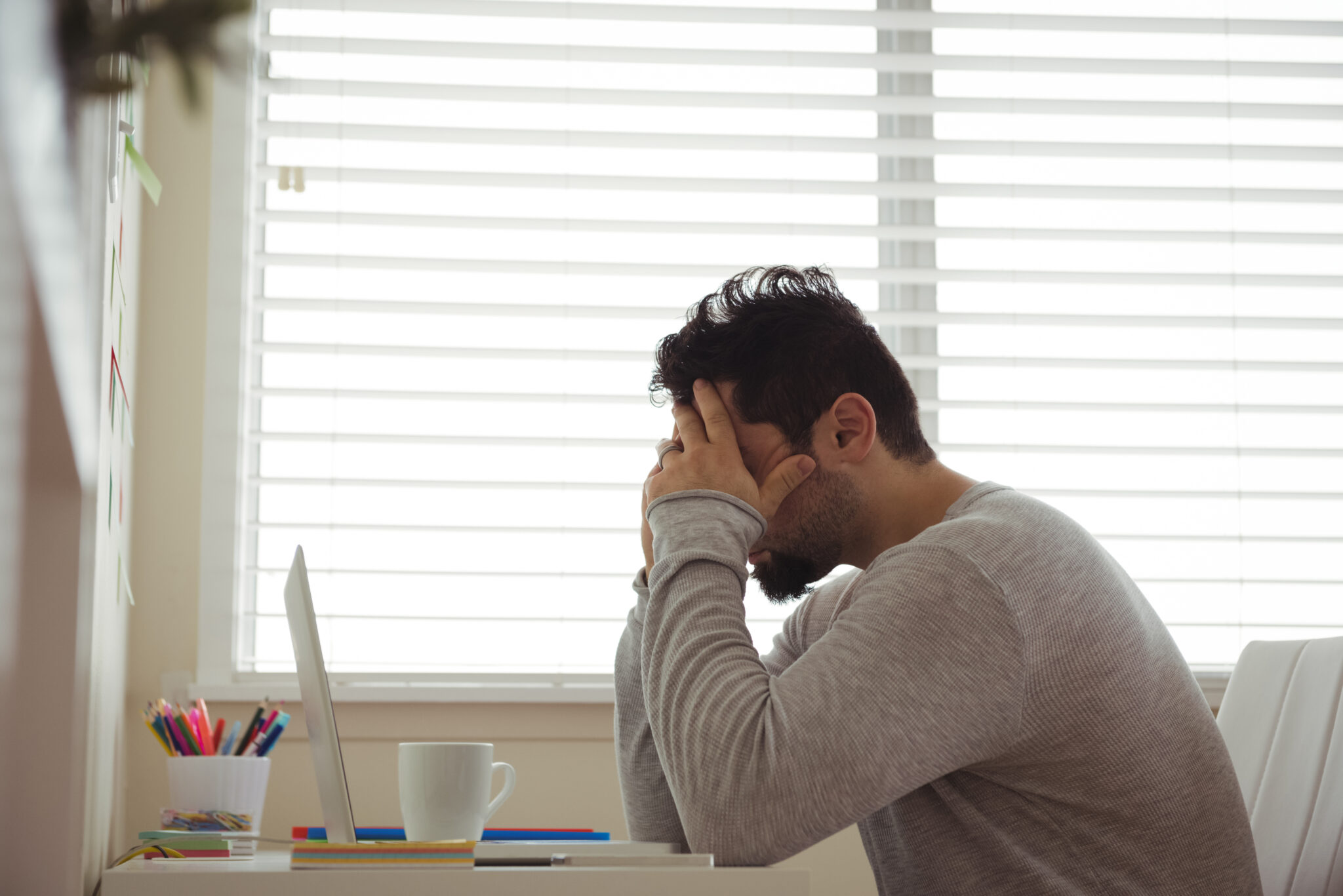Men’s Health Month is celebrated each June, and it’s a great time of year to spread awareness and information about the many health problems that can affect men, young and old. Men often face enormous amounts of pressure to appear strong and unshakable, even to the point of suppressing their own emotions or ignoring symptoms of serious health issues, and Men’s Health Month is one of many initiatives and organizations designed to counteract that pressure, making it more acceptable for men to seek treatment or get help with struggles they may be facing.
Depression is an incredibly common mental illness today, and while numbers show that women and girls are more likely to have depression than men and boys, many experts suspect that these numbers may be misleading due to women being more willing to seek treatment than men. Men often feel as if they need to suffer in silence or beat down their depression on sheer willpower alone, leading to a huge crisis for men’s mental and emotional wellbeing. Accepting a diagnosis of depression and getting help is not easy– it’s something that takes enormous strength, and the more men that are willing to take that leap, the more acceptable it will become! These are some common questions about depression in men that may help you to better understand the disorder, and how it affects people differently.
How is Depression Different in Men Than Women?
Depression is just like any other illness, mental or physical, in that both men and women can have it, but it often presents itself in different ways based on gender and causes different impacts. A lot of the differences have to do with the outward signs of depression. Men tend to be more likely to display their unhappiness through anger, irritation, or even violent outbursts, whereas women are more likely to be quiet, sad, or withdrawn.
Men are also far less likely than women to seek treatment for their depression, choosing instead to downplay or hide their symptoms. However, this often results in other problems, like interpersonal issues with family and loved ones, and increased feelings of isolation. Many men have been taught to view mental illness, therapy, and mental health medications as signs of weakness, but the fact is that everyone can struggle with their mental health, and everyone deserves helpful and effective treatments that can get them feeling better. Admitting that you need help is a sign of strength more than a sign of weakness!
How Do Most Men Cope with Depression?
Every case of depression is different from person to person, and everyone copes in their own way, but there are some common threads in the way that men handle depression versus the way women do. Men are more likely to express their feelings in outward displays of anger, and their tendency to suppress or ignore their emotions can often lead to a greater prevalence of physical symptoms, like headaches, stomachaches, or low energy levels. Men also often turn to more drastic and unhealthy coping mechanisms, like drug or alcohol abuse, which can exacerbate existing mental health problems and create additional issues as well.
Men are also more likely to struggle with suicidal thoughts and actions. While women have been shown to think about or attempt suicide more often than men, men account for the majority of deaths by suicide. This is in part because they tend to choose more lethal methods than women, but it’s also believed that the stigma associated with mental health issues for men contributes to this widespread problem, leading many men to believe they have no other way to escape from their suffering, when in fact treatment of depression is highly effective and is becoming more widely accessible all the time.
What are the Symptoms of Depression in Men?
Most of the core symptoms of depression are similar across the board– feelings of sadness or apathy, low self-worth, decreased energy, changes in appetite and sleep habits, poor concentration, and loss of interest in previously enjoyable activities. Many men don’t actually realize they have depression because they are unaware of how certain symptoms can present. Suddenly feeling tired all the time and never wanting to get out of bed is dismissed as laziness when it can actually be a sign of a much bigger issue. Spreading awareness about the symptoms of depression is one of the biggest goals in men’s mental health right now, so that more men can realize that their symptoms might be mental health problems instead of personal failings.
What Treatments are Available for Men with Depression?
Even though it’s common for men to feel like there is no help to be found for them when they’re struggling with feelings of depression, there are many treatments available that can be incredibly helpful to all genders. Antidepressant medications, many different forms and modalities of therapy, and even alternative treatments like brain stimulation therapies can reduce symptoms and help people to regain control of their lives.
If you or someone you love is struggling with depression, joining a clinical study might be a great way for them to get access to vital treatment to help them start feeling better. You can find out more about our current depression study here!







